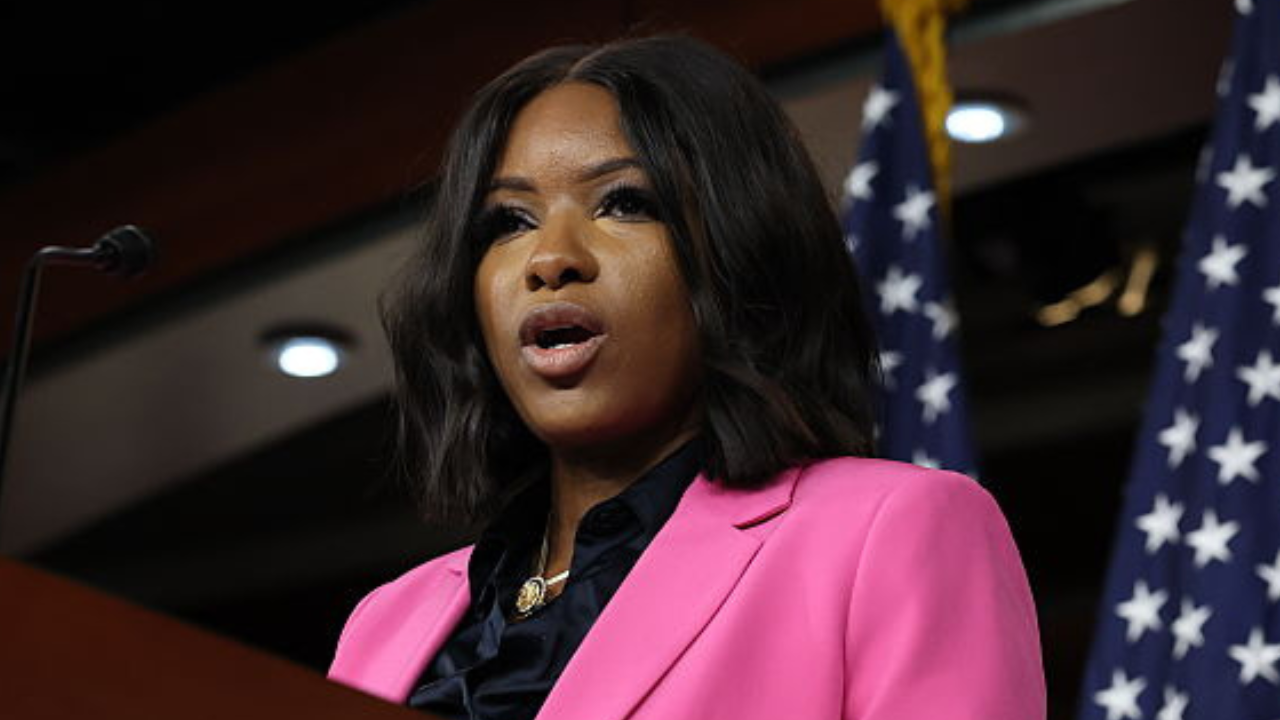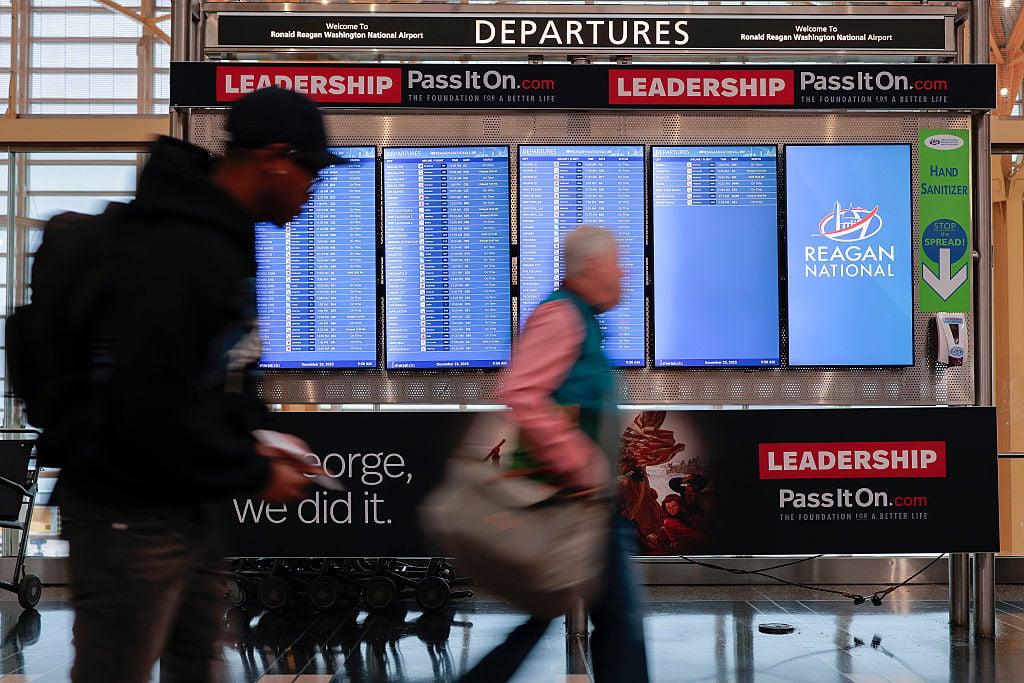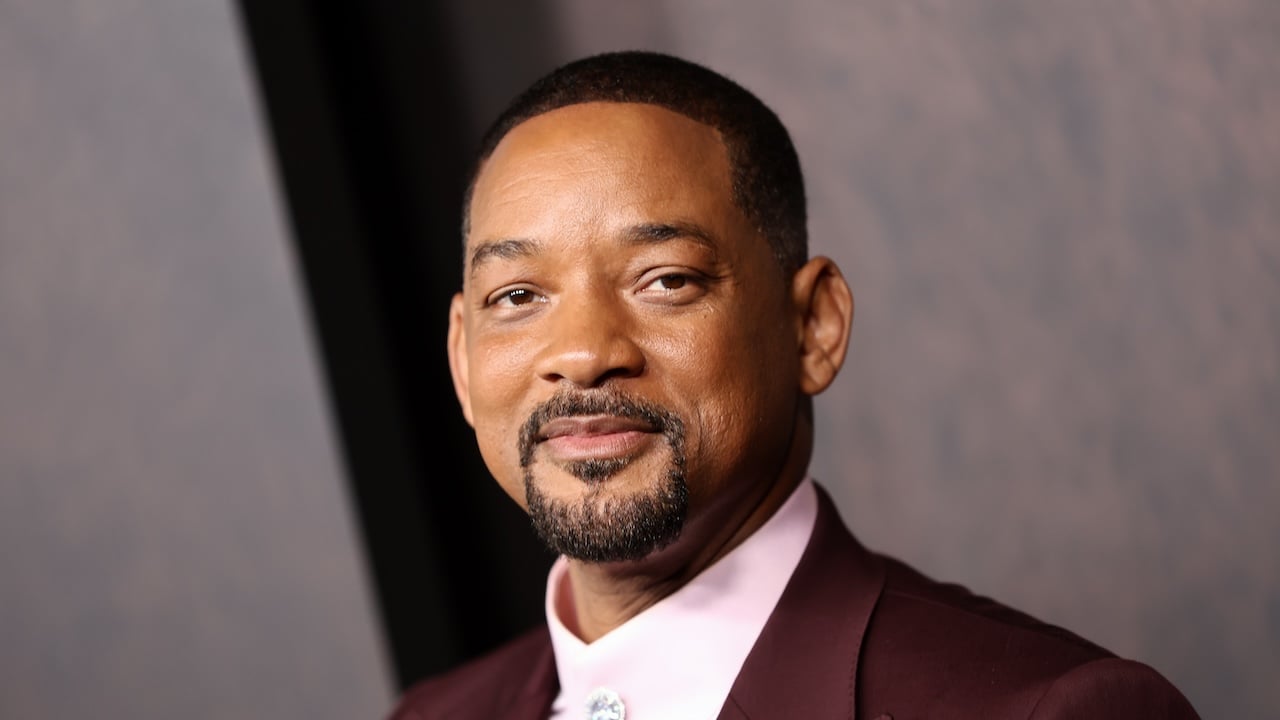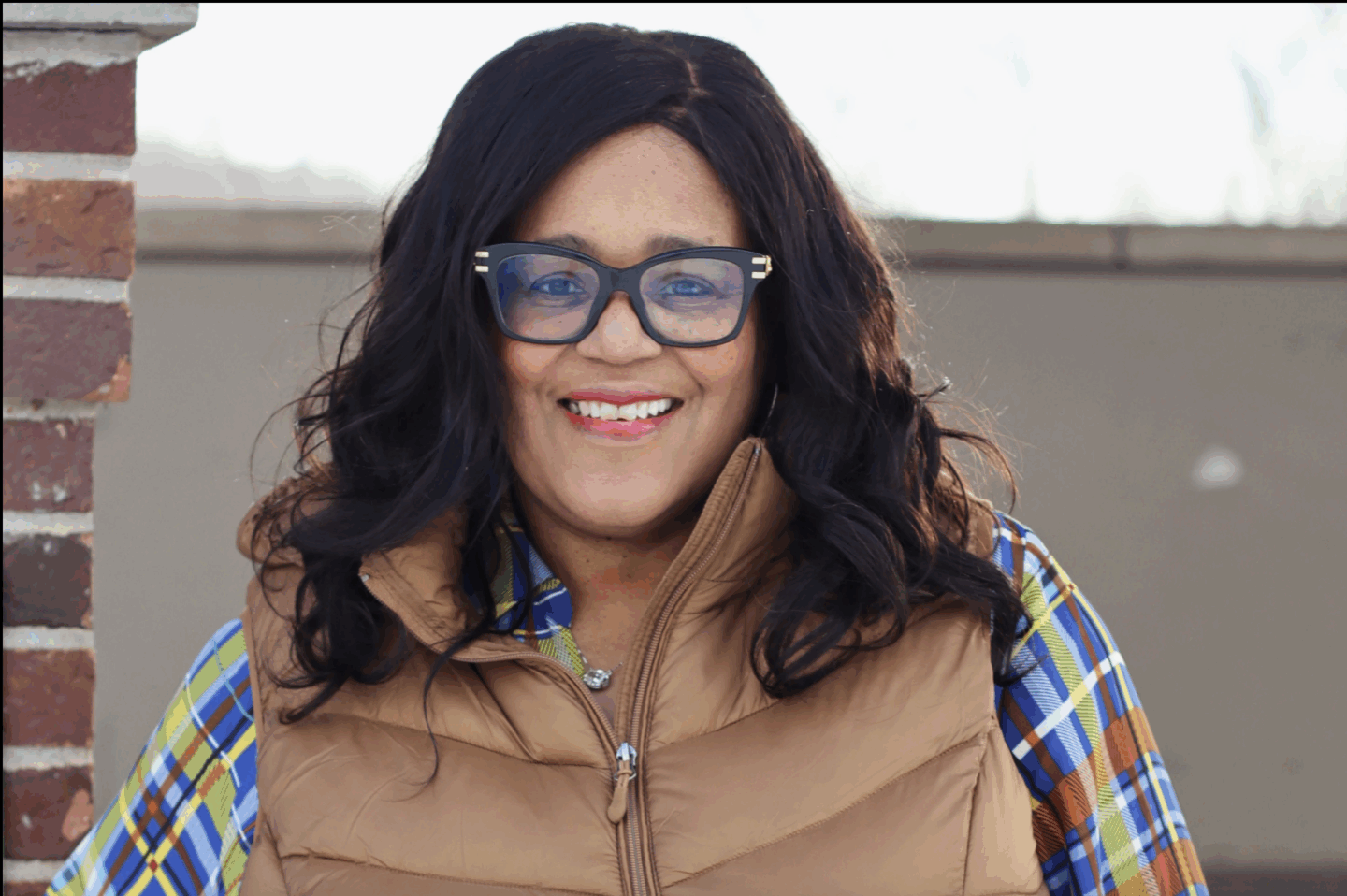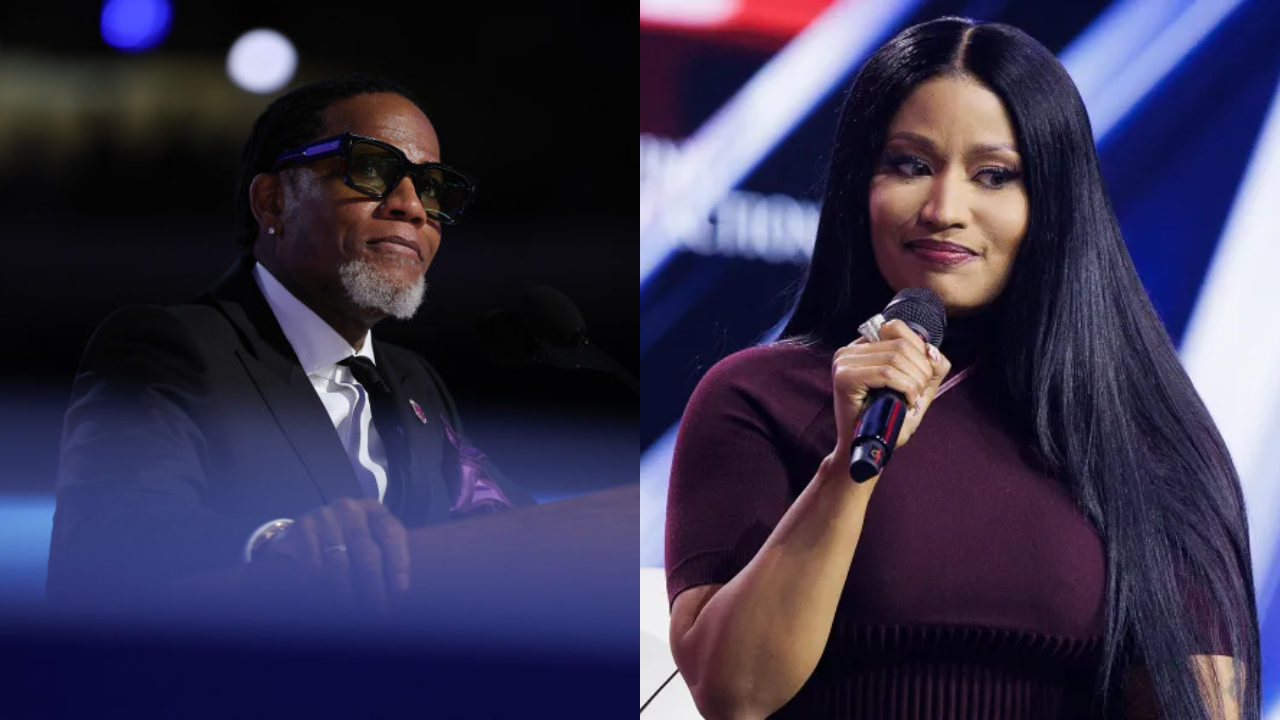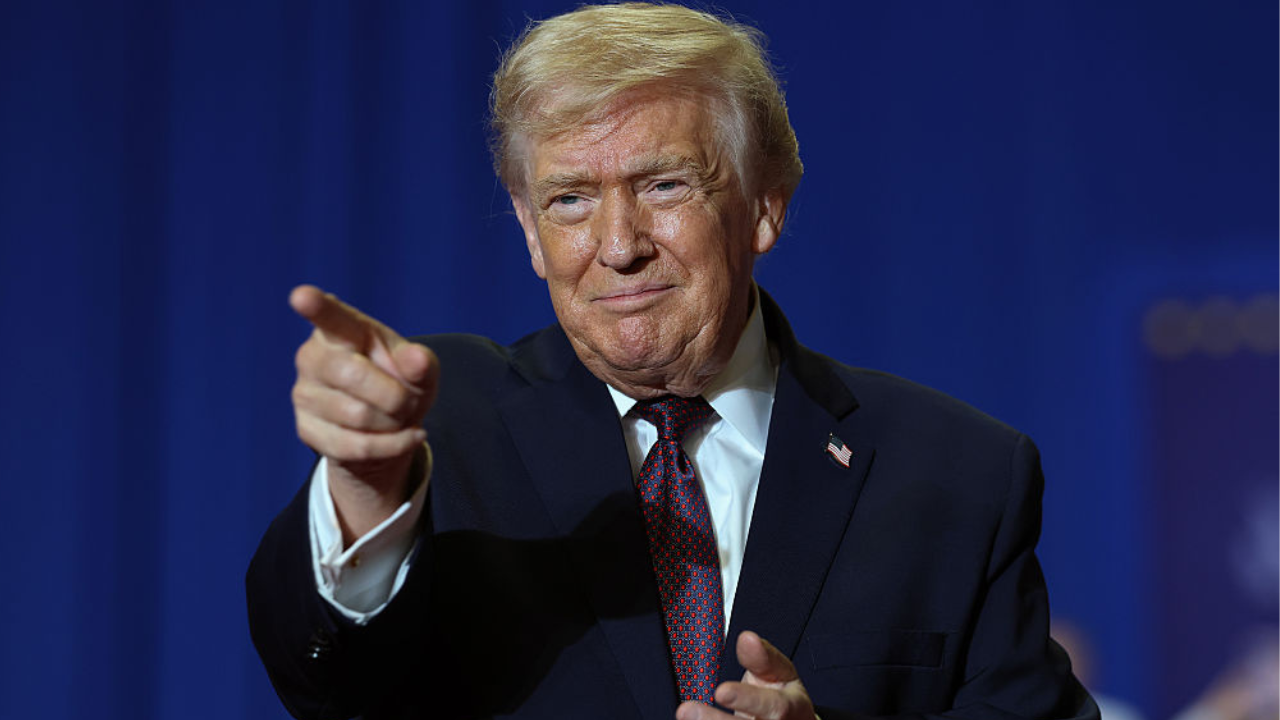Born with one hand, Nicky Nieves found self-acceptance through playing volleyball

Growing up Afro-Latina and limb-different, sitting volleyball player Nicole “Nicky” Nieves was keenly aware of the qualities that set her apart.
Nieves, the daughter of Puerto Rican parents, was born without a left hand, yet it didn’t deter her love for sports at a young age. She navigated childhood with the support of her friends and family.
“Growing up, there was no intersectionality. You had to pick one or the other,” Nieves, 36, said of her dual heritage. “I had close friends that were Latinas that played volleyball with me. But outside of that space, the Hispanic kids didn’t see me as Hispanic enough – they only saw me as Black.”
Nieves’ parents encouraged her to go after everything she desired regardless of the challenge it might present. As she got older, she realized her unique qualities could expand her impact.
“I just feel like I would be doing everybody a disservice if I didn’t do my absolute best and represent every space the best that I could,” Nieves said. “I feel like there are just so many buckets that I can put my hand in, like being a female, being a Latina, being a Black girl, being limb-different, even being a Black Latina in volleyball.
“I’m super loud and proud. Whenever people ask me, I’m like, ‘I’m Afro-Latina. I am a Black Latina.’ I do not negate either side.”
For Nieves, a two-time Paralympic gold medalist and a flag bearer for the 2024 Paralympic Games’ opening ceremony, playing volleyball helped her develop self-confidence.
Steph Chambers / Getty Images
“Growing up, I didn’t really feel ashamed or embarrassed but, like, I would hide my hand,” Nieves said.
The New York native grew up in Queens and moved to Kissimmee, Florida, with her family when she was 10 years old. Nieves’ introduction to volleyball occurred when she was in sixth grade. Finally old enough to join the middle school team, she fell in love with the game.
“The really nice part about it was that my coach did not care that I was one-handed. It was just, ‘Hey, we have to figure it out and call it a day,’ and I was like, ‘OK, cool,’” Nieves said. “So we did that, and I know that I felt the most confident once I learned how to attack a ball and get points that way for the team.”
While Nieves continued to excel on the court, earning conference player of the year honors as a senior at Gateway High School in Kissimmee, she wanted to return to New York. After submitting a recruiting tape to the head coach of Queens College’s Division II volleyball program, she earned a scholarship to play for the New York school.
When Nieves was a sophomore at Queens, her play caught the attention of Bill Hamiter, head coach of the U.S. women’s sitting national team.
Unlike traditional volleyball where players stand, sitting volleyball requires athletes — disabled and able-bodied — to sit on the floor to play. Also, the court is smaller and the net is lower.
“I saw an article about her, then approached her, had her come in for a tryout, and then kind of went from there,” Hamiter said. “She’s like a lot of players that have played the indoor game. They have pretty good volleyball skills, but the transition to the floor movement, that kind of stuff, it’s difficult.”
At first, Nieves was apprehensive about competing in sitting volleyball as she was unfamiliar with the Paralympics space, but it changed the trajectory of her career.
She made the Team USA roster in 2011, and it was her first time playing an adaptive sport and being around other athletes who shared similar experiences. Nieves recalled a moment when former teammate Michelle Schiffler animatedly told a story. Schiffler’s delivery emphasized her missing hand — and the confidence she exuded, regardless.
“I was like, ‘Wait a minute, she doesn’t care – it’s literally just her existing. So if she can do that, why can’t I do that? Why can I just exist free, like she’s existing?’ That literally was a turning point for me,” Nieves said.
“I want other people to look at me and be like, ‘Oh my gosh, she’s so comfortable. I want to be able to do that. Oh my gosh, she’s a Black girl playing a sport that’s predominantly white. I want to be able to do that. There’s not a lot of Latinos on her team. I want to be able to do that.’”
Nieves qualified for her first Paralympic Games in 2016, when the team won gold. In 2020, just days before the Tokyo Paralympic Games, she was diagnosed with COVID-19, stripping her of the chance to compete. At the 2024 Paris Paralympics, she returned with a vengeance, serving as one of the Team USA flag bearers and earning her second gold medal.
David Ramos / Getty Images
In July, Nieves competed with the national team at the 2025 women’s sitting Dutch tournament, winning another gold medal.
“She’s our most vibrant player that we have on the team,” Hamiter said. “She adds a lot of energy, not only to her play but then as she communicates … she’s very vocal and active, which is something I think every team needs.”
The Paris Paralympic Games were special for Nieves because she shared the experience with teammate Sydney Satchell, a Howard University alumna who quickly gravitated toward Nieves. Both players saw the value in their shared Black experiences and being able to bond over them – on and off the court.
“A familiar face can make all the difference. What I didn’t know is that we would be friends for real,” Satchell said. “I didn’t know that we would share a faith. What I didn’t know is that anytime I was on a trip we would [if able] be roommates, making sure we had hair products, [saying] ‘Girl, you got some lotion?’ … We would have those types of conversations that we just felt comfortable being ourselves.”
Satchell said she appreciates Nieves’ authenticity.
“She is 100% one of a kind, and I am just grateful that she did not quiet her Afro, quiet her Latina, quiet her femininity. … She uses them so beautifully and it’s not just inspiration, but it should be motivation that the world needs more of our authenticity,” Satchell said.
Nieves also is a mental health advocate. In 2018, she created a nonprofit, Limitless People, which aims to make volleyball – in all its forms – accessible to all athletes. The organization has held events in the United States and the Dominican Republic with a goal of reaching as many athletes as possible.
“When people look at me, I want them to be able to see some piece of themselves in me and be like, ‘Hey, if she did it, I can do it. She went and played on Team USA and, you know, went into mental health and was OK speaking about her mental health, even though it’s stigmatizing in the Latino community. Like, I can do it.’” Nieves said.
Uplifting and supporting her community is a priority for Nieves.
“I go to Puerto Rico every year, sometimes twice a year, not only to see my family, but to give back to the community and to try and do whatever I can to just continue to provide opportunities for volleyball and community outreach,” she said.
“I just do the best that I can do to just be unapologetically myself at all times. I don’t shy away. This is who I am. This is what my heritage is. … Like it or not, I’m still gonna be a little Black Puerto Rican girl.”
The post Born with one hand, Nicky Nieves found self-acceptance through playing volleyball appeared first on Andscape.
What's Your Reaction?
 Like
0
Like
0
 Dislike
0
Dislike
0
 Love
0
Love
0
 Funny
0
Funny
0
 Angry
0
Angry
0
 Sad
0
Sad
0
 Wow
0
Wow
0




